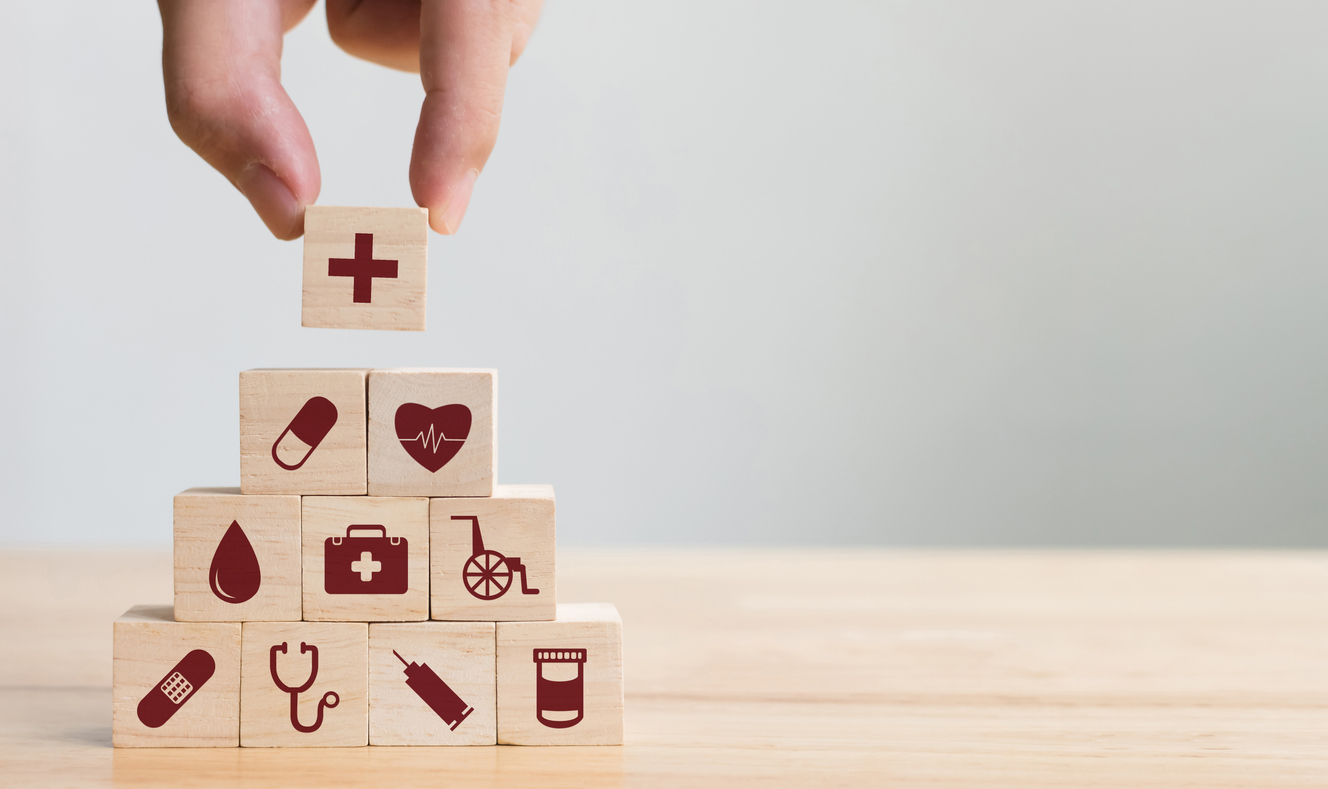Across the globe, neighborhoods have been firing up with the sounds of banging pots and claps as tribute to the medical and healthcare workers who have been risking their lives and their families to serve at the frontlines of this pandemic. We have all seen videos and heard of very human stories about the fatigue, defeat yet enduring commitment these superheroes in scrubs are facing every day. I am sure I am not alone in feeling humbled, inspired, heartbroken and grateful for their change leadership, bravery and selflessness in healing our world.
The systems thinking approach encourages looking at the different parts of a system and how they interrelate. We need to look at the world as a global interconnected system. The medical and healthcare workers are at the epicenter of our system and as they are doing their part, every government, industry, community, organization, and individual is responsible for playing a part in repairing it.
We are seeing several laudable individual and grassroots initiatives supporting our healthcare superheroes. Aside from monetary donations, we are also seeing many organizations creatively leveraging their expertise, know-how, and resources to support our medical and healthcare workers in any way they can. So, we will now turn to a couple of examples of these organizations that are teaching us a thing or two about how true change leadership requires a systems thinking approach.
Producing Personal Protective Equipment (PPE)
Medical centers and hospitals are experiencing an alarming shortage of protective equipment and supplies such as masks, gloves and face shields; putting medical and healthcare workers even more at risk.
Organizations from seemingly unlikely industries have utilized their supply chains and technology to make up for this shortage, serving as great examples of what showing up for our system should look like. Fiat Chrysler and General Motors are two examples of companies that have turned their production lines to make face masks and other respiratory care products. The extreme weather outerwear brand, Canada Goose, is creating scrubs for medical and healthcare workers. The family-owned Eight Oaks Farm Distillery and LVMH are just two examples of companies that have begun to produce hand sanitizer.
Other organizations, such as Tesla, IBM, Softbank, Apple, Facebook, 7-Eleven and many more have donated N95 respirator masks and normal protective masks to hospitals and emergency rooms. Harbor Freight Tools donated their entire supply of personal protective equipment to hospitals in their operating areas.
If you or your organization want to get involved, #GetUsPPE is a centralized platform to ask for, donate or even make PPE for medical and healthcare workers.
Revamping Hospitals
Hospital facilities are overwhelmed with surging numbers of COVID-19 in-patients; where they are experiencing a shortage of beds and ventilators. As with personal protective equipment and supplies, many organizations have taken on the task to provide beds and other medical equipment to hospitals and medical facilities in need.
Dyson and Ford Motors are just two examples of organizations that have converted some of their operations to produce ventilators and respirators for hospitals and medical facilities. Serta Simmons Bedding has also donated about 10,000 mattresses to hospitals in New York City.
Caring Back
Superheroes need to be taken care of too, and many organizations have made their services and products accessible to medical and healthcare workers.
Food and beverage organizations such as Sweetgreen, Krispy Kreme, and Starbucks are offering lunches, breakfasts, and coffee to all first responders and healthcare workers. Furthermore, several mental wellbeing apps, such as Headspace, are giving health workers free access to their mediation libraries as a means to support their mental health.
As the frontliners are increasingly at risk of exposing their families, some organizations such as Airbnb, the Four Seasons Manhattan and OYO Hotels, have taken it upon themselves to provide subsidized housing for medical workers. While Hertz has been offering free vehicle rentals, Uber and Lyft have been offering free rides and deliveries to medical and healthcare workers.
What is your role in the system?
It is a good kind of overwhelming to think that it is difficult to list all the organizations stepping up and serving as healthcare allies during these very pressing times. While there is a lot that can be done to support our superheroes in scrubs, our system is made of many subsystems, such as the educational or agricultural sectors, that are also in need of creatively leveraged knowledge and skills. We all possess some form of expertise that can add value during these times. Whether you are a giant, a small business, or a grassroots initiative, you are a part of this system and even the smallest effort will make a difference.

